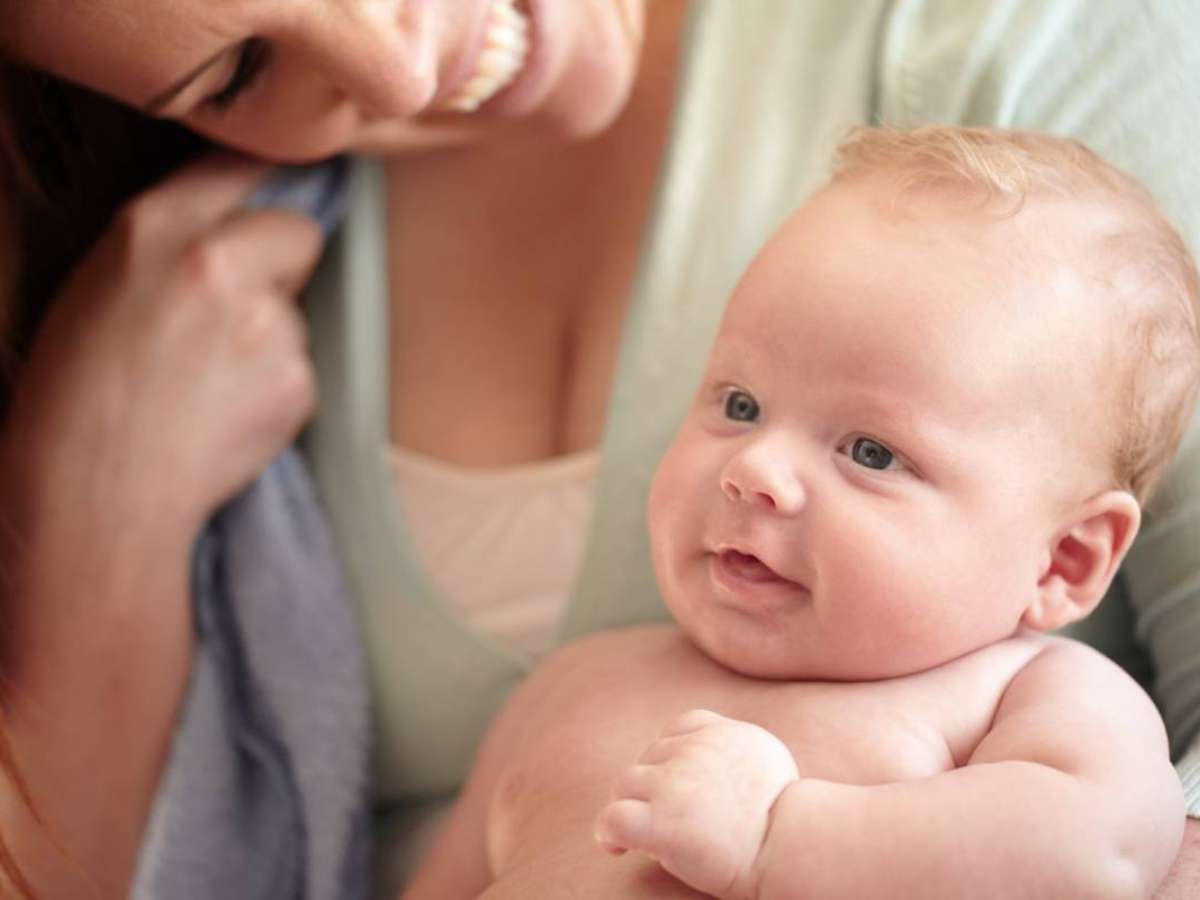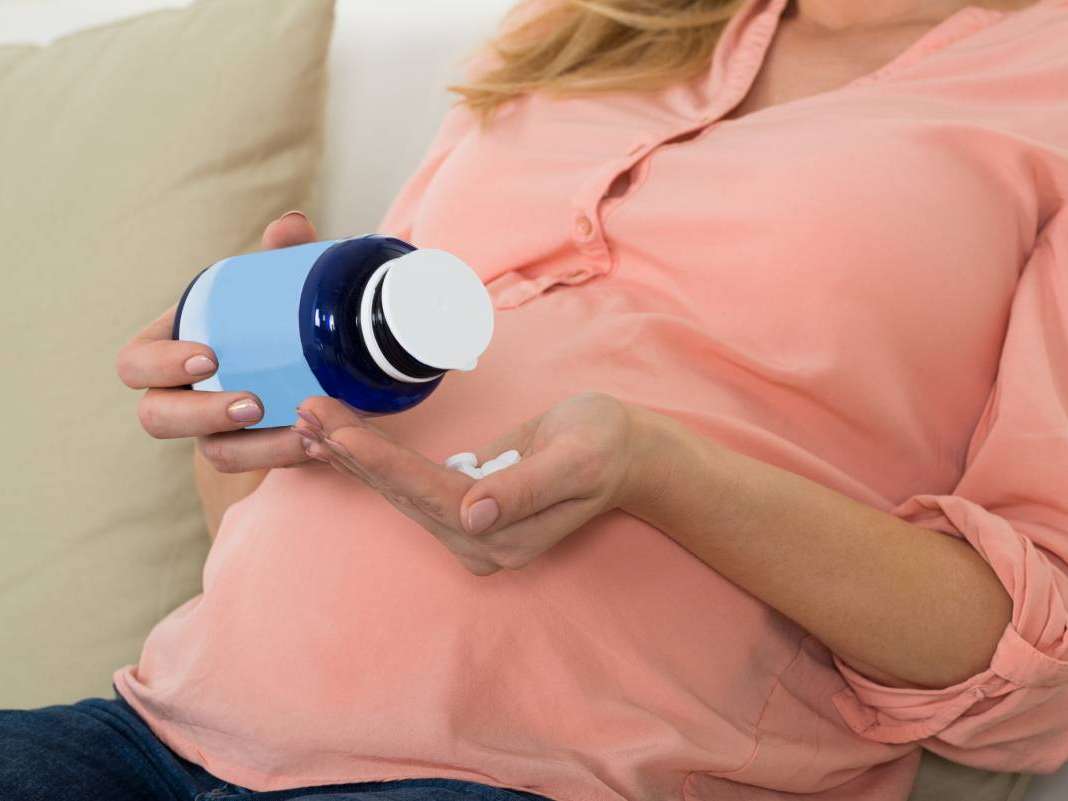
Having a child is usually an occasion for great joy and celebration.
After all, who can resist the sight of a newborn?
Who doesn’t want to hold that little one in their own arms?
But, there can be another side to this occasion that is not such a happy one for the mother.
Sometimes after birth, the mother may develop a form of depression known as postnatal depression or postpartum depression.
The incidence of postpartum depression ranges from 12% to 15%, with a slightly higher incidence among teenage mothers.
It is often of benefit to the mother to know that this is not a terribly unusual situation so that she feels less “special” in the sense of having this mental distress.
We especially want to follow the depressed mother very carefully because of the occasional suicide ideation that can result from postnatal depression.
Signs & Symptoms Of Post Partum Depression
The symptoms of postpartum depression are similar to the symptoms for other depressions:
- negative (sad) mood
- changes in appetite
- poor concentration
- inability to experience joy
- sleep disturbance
- poor concentration
- irritability
In addition to these symptoms, the new mother may be experiencing guilt regarding her ability to care for her newborn. She may feel that she cannot do a good job, hasn’t done a good job so far, or is fearful that she cannot properly care for the child.
Sometimes the new mother is simply insufficiently educated about childcare and child rearing.
What Causes Postpartum Depression?
The causes of postnatal depression are manifold. They may include:
- A past history of emotional problems
- The father’s disappointment in the sex of the child
- Poor social and family support systems
- Recent (negative) life events
- Marital discord
It is useful to understand what causes postnatal depression so that pregnant woman can be assessed for risk.
If the mother has experienced postnatal depression with a previous birth, then she is at risk for a repeat depression.
How To Treat Postnatal Depression
The prognosis for postnatal depression is really very good.
Even without treatment, most women will come out of this depression in 3 to 6 months. With intervention, relief may come much more quickly.
An important benefit of treatment is the support that it provides the mother. Support alone is very therapeutic.
Occasionally, the depressive state persists for a year or longer. When depression has gone on this long, it is very important to get some form of treatment.
Treatment for post partum depression can begin with a family doctor or a local social service worker or a call to a therapist. A pastor or priest or other religious leader may also be able to help the mother find a treatment resource. Once treatment is underway, the prognosis is quite excellent.
Treatment for postnatal depression will depend on severity as well as the types of symptoms. Most often, postnatal depression is treated with counseling (Cognitive Behavioral Therapy seems to be particularly effective).
In addition, a physician may feel that an antidepressant medication is also indicated. Group therapy is another approach to helping the depressed mother. Group therapy provides a lot of the needed support that depressed mothers’ need. Any of these treatment modalities will provide the depressed mother with the support and resources that she needs to enjoy a full recovery.
Postnatal depression is a very treatable disorder with excellent outcomes. Most mothers get better within 6 months (even without treatment).
Most important for a good outcome is to determine the severity of the depression and determine if some sort of treatment intervention is required. Otherwise, the support of a loving and caring family will often suffice.
I’m an adjunct professor of psychology and have 32 years in the field.




